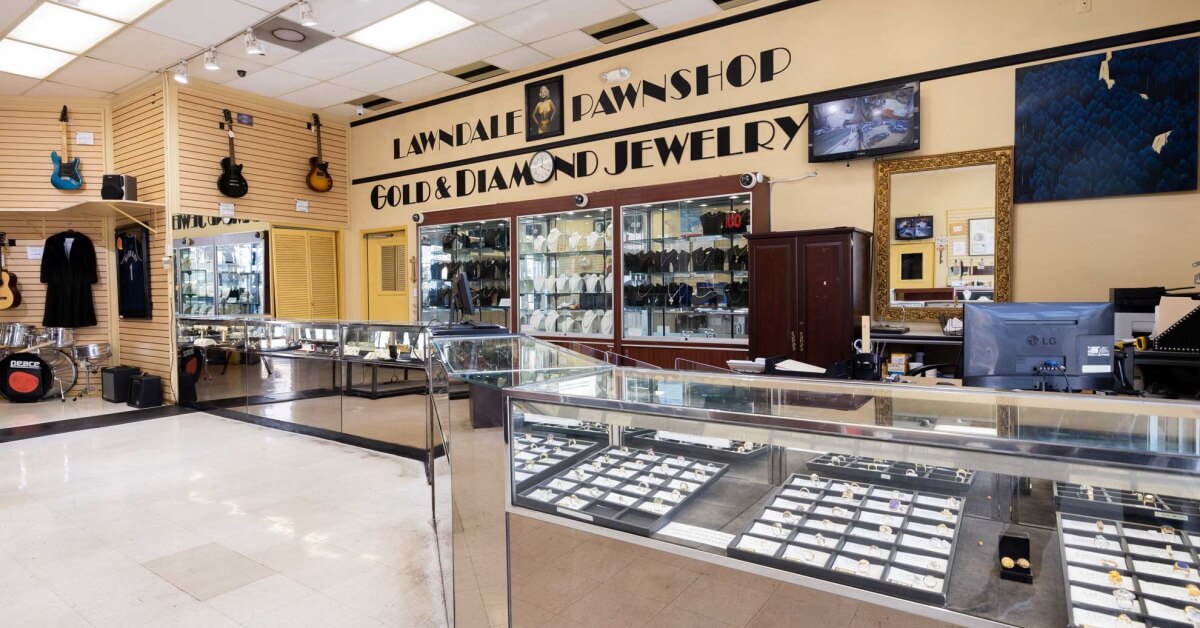How Pawn Shops Work: A Comprehensive Guide

The Basics of Pawn Shops
Pawn shops operate as businesses that provide short-term loans to individuals in exchange for personal property as collateral. When you pawn an item, you are essentially using it as security for a loan. If you repay the loan within the agreed period, you get your item back. If you don’t repay, the pawn shop keeps the item and can sell it to recoup their money. This basic concept of how pawn shops work helps bridge financial gaps for many people.
The Pawning Process
To understand how pawn shops work, it’s important to know the pawning process. First, you bring an item of value to the pawn shop. This could be jewelry, electronics, or collectibles. The pawnbroker evaluates the item based on its condition, market value, and potential resale price. Once a value is agreed upon, the pawnbroker offers a loan amount, typically a percentage of the item’s worth. You then sign a pawn ticket, which outlines the terms of the loan, including the repayment period and interest rates. This is how pawn shops operate and offer short-term financial solutions.
Evaluating Items
When you bring an item to a pawn shop, the evaluation process is crucial to understanding how pawn shops work. Pawnbrokers assess the item’s value by considering its condition, brand, and market demand. For example, high-quality jewelry or rare collectibles might fetch a higher loan amount compared to items in poorer condition. The pawnbroker’s expertise in valuing items ensures that the loan amount reflects a fair assessment of the collateral. This process helps both the pawn shop and the borrower by setting realistic expectations for the loan and repayment.
Loan Terms and Conditions
Understanding the loan terms and conditions is key to knowing how pawn shops work. The pawn shop will provide a contract detailing the loan amount, repayment schedule, interest rate, and any fees associated with the loan. Typically, pawn loans have short repayment periods, ranging from 30 days to several months. If the borrower fails to repay the loan, the pawn shop has the right to sell the item to recover the loan amount. The terms of this agreement are crucial for borrowers to understand to avoid losing their collateral.
Repaying the Loan
Repaying the loan is an essential aspect of how pawn shops work. To retrieve your pawned item, you must repay the loan amount plus any interest and fees within the specified period. The repayment process is straightforward: you return to the pawn shop, settle the outstanding amount, and reclaim your item. If you are unable to repay the loan, the pawn shop will keep the item and can sell it to recover the loan amount. Understanding this process helps borrowers manage their finances and avoid losing valuable items.
Buying Items from Pawn Shops
In addition to gold buyers Melbourne, pawn shops also sell items that have not been reclaimed. This is another important aspect of how pawn shops work. When a borrower fails to repay their loan, the pawn shop puts the item up for sale. These items are often sold at a fraction of their retail value, providing buyers with potential bargains. Shopping at pawn shops can be a great way to find valuable items at reduced prices, making it an attractive option for budget-conscious shoppers.
Legal and Regulatory Aspects
Pawn shops are regulated by state and local laws to ensure fair practices. These regulations affect how pawn shops operate and protect both borrowers and buyers. For example, there are laws governing maximum interest rates, loan terms, and the handling of personal information. Understanding these regulations is crucial for both pawnbrokers and customers to ensure that transactions are conducted legally and ethically.
Common Misconceptions
There are several misconceptions about how pawn shops work. Some people believe that pawn shops only deal with stolen goods or charge exorbitant interest rates. In reality, pawn shops are regulated businesses that deal in legitimate transactions. They provide a valuable service by offering short-term loans and reselling unclaimed items. Addressing these misconceptions can help individuals make informed decisions about using pawn shops for their financial needs.
The Benefits of Using Pawn Shops
Pawn shops offer several benefits, including quick access to cash, no credit checks, and the ability to retrieve items if the loan is repaid. They provide a flexible financial solution for those who need short-term funding without the need for traditional bank loans. For those who do not have access to credit or prefer not to use it, pawn shops can be a viable alternative.
Conclusion
Understanding how pawn shops work can help you navigate the process of pawning or purchasing items with confidence. From the basic pawning process to evaluating items and repaying loans, knowing the ins and outs of pawn shops ensures that you make informed decisions. Whether you’re seeking a quick loan or looking for a bargain, pawn shops offer a unique financial service that can meet various needs.



